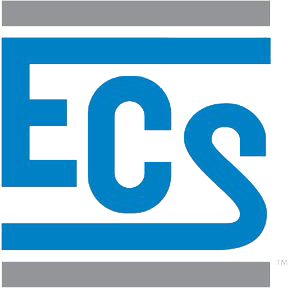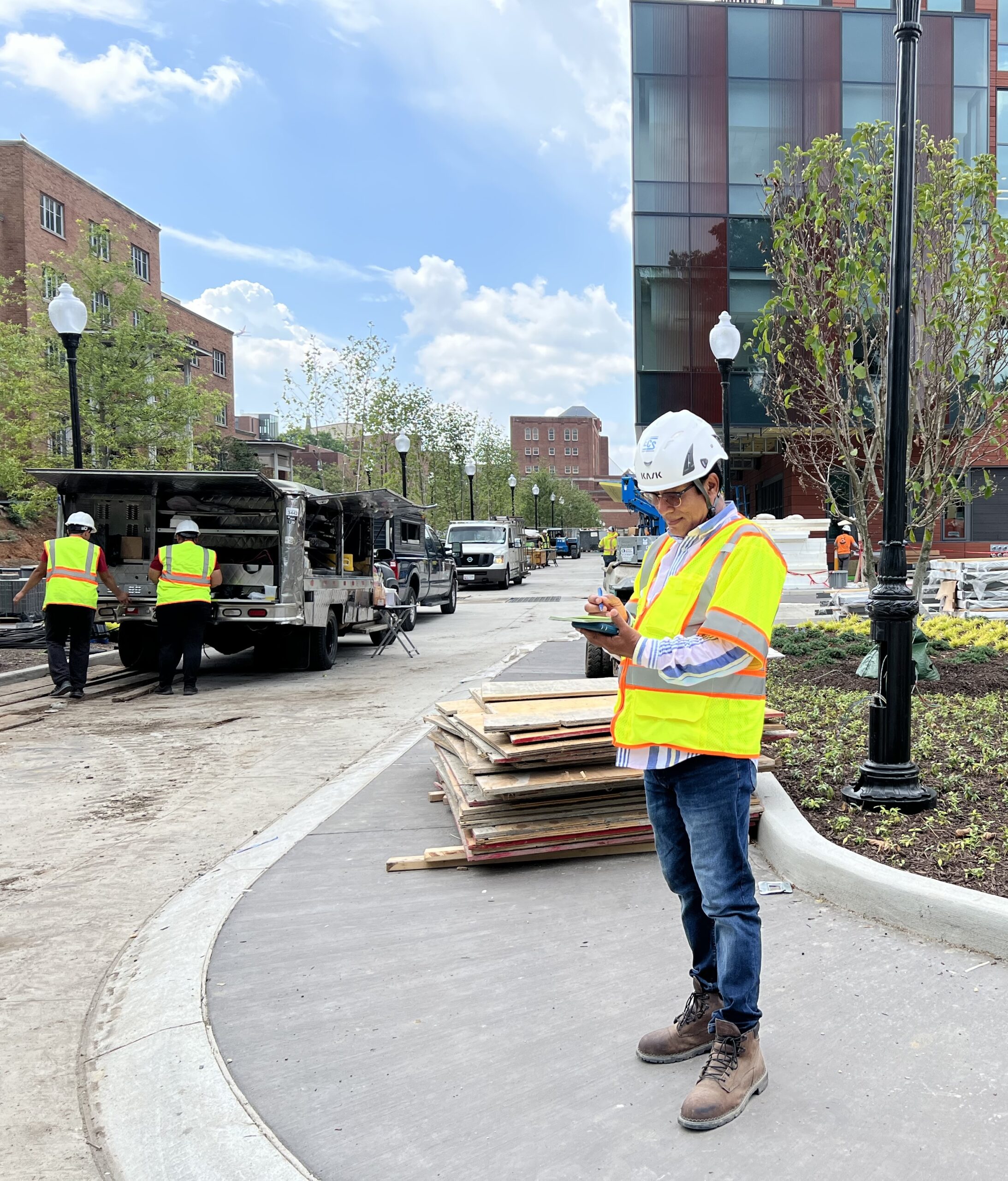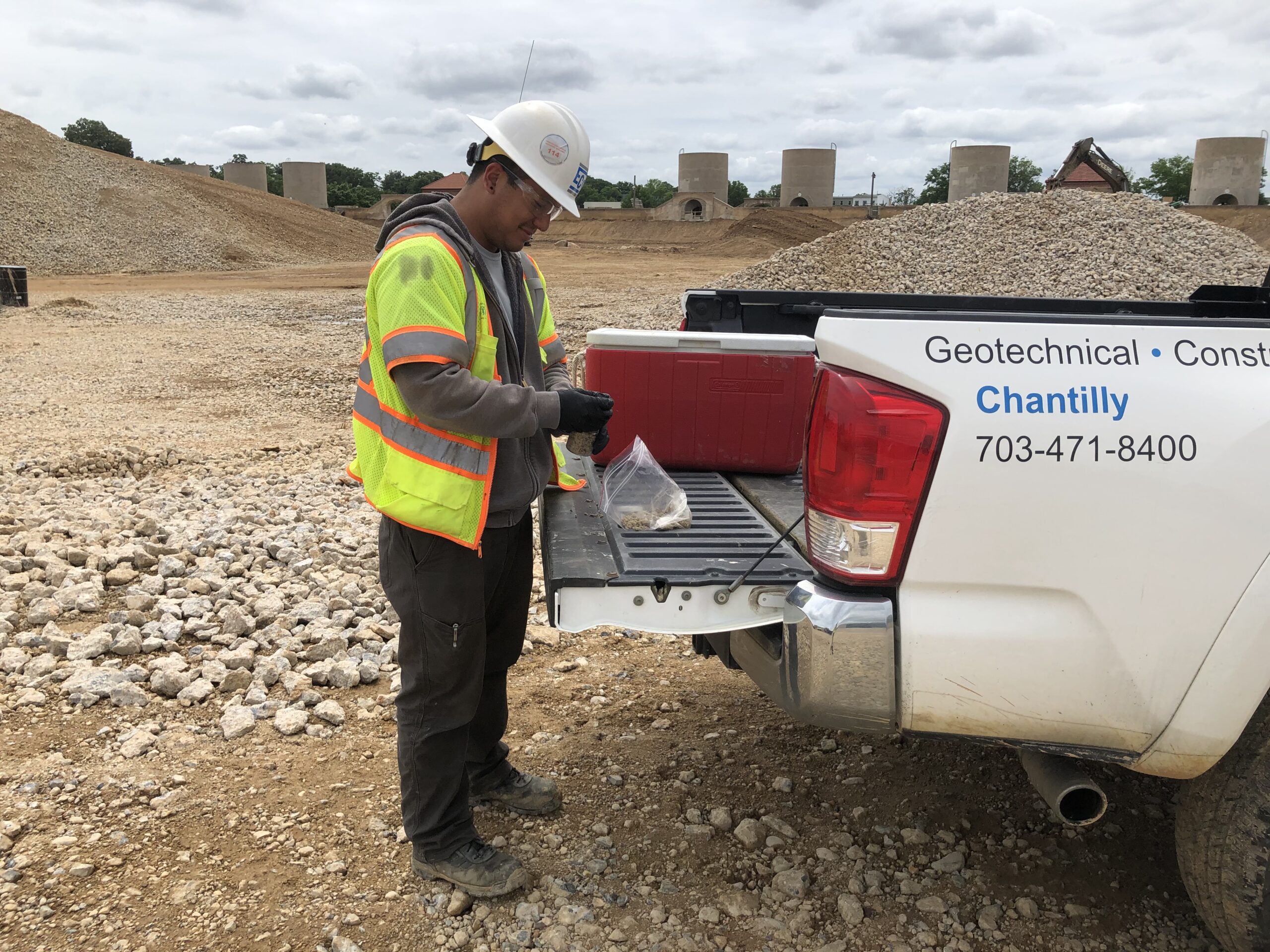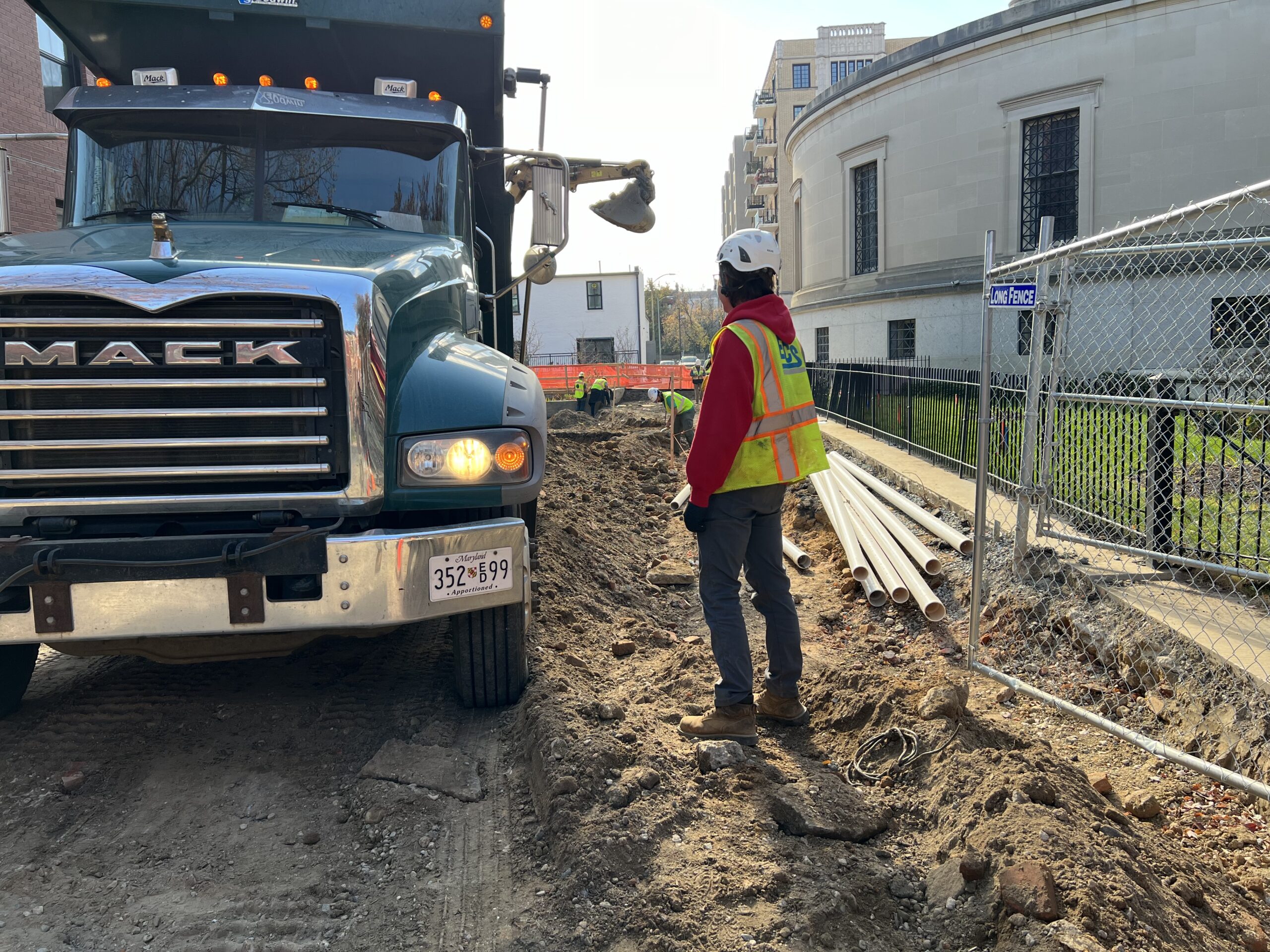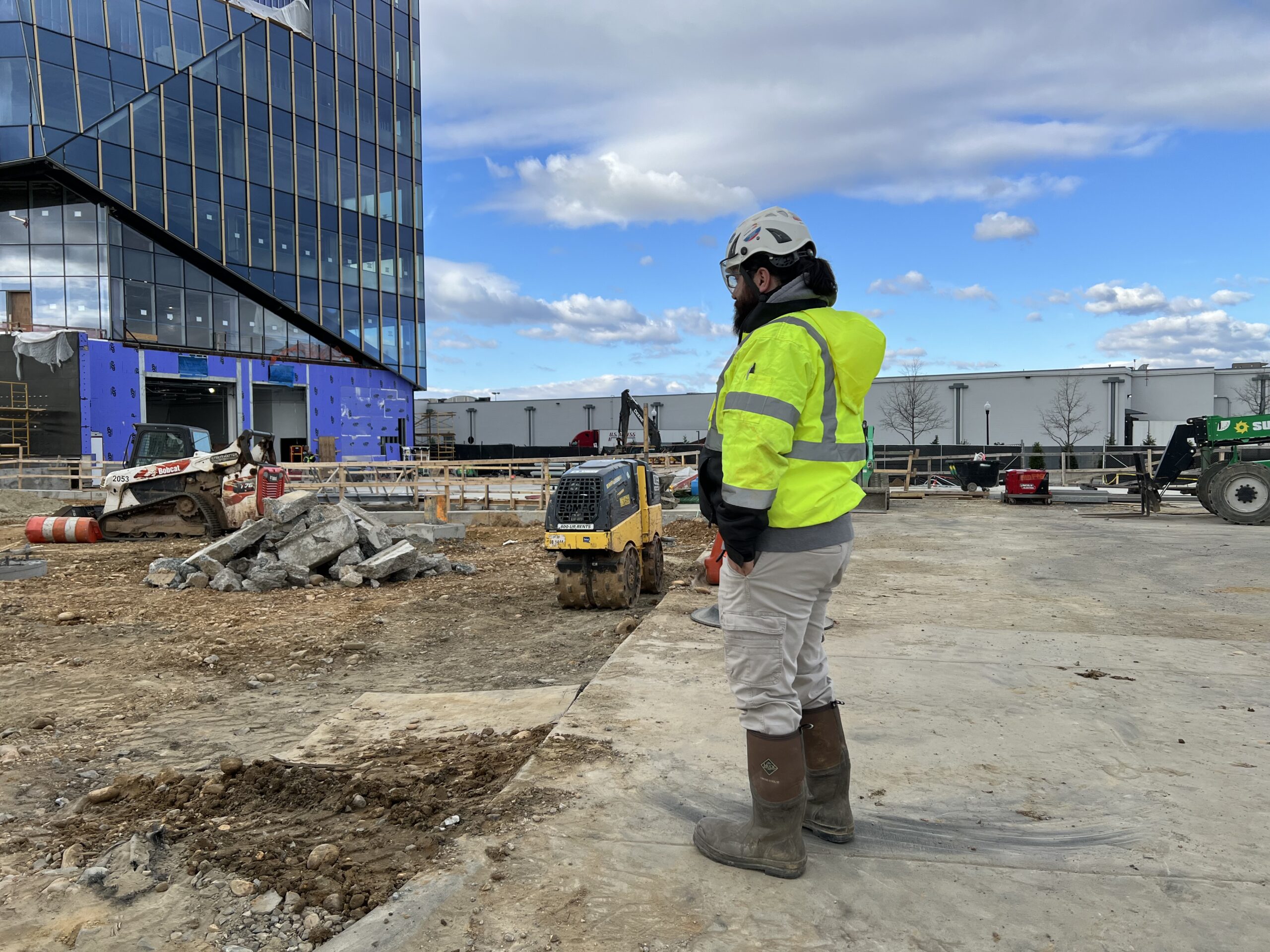Support of excavation (SOE) systems are vital to the construction process. During construction, there are many disturbances, vibrations and movement of heavy machinery. These disturbances can put your excavation area at risk, causing cave-ins or contaminated soil to move.
Areas adjacent to your construction site can also be affected by unsupported excavations. Adequate temporary or lasting support lowers the risk and braces your construction area. Shoring existing structures is recommended to support the trenches, holes or cuts made to the ground during excavation.
Surrounding buildings, amassed construction materials and heavy equipment can pressure retention systems. Underpinning the sections adjacent to the excavation can lower the load on the walls and the risk of building settlement.
Support of excavation (SOE) systems are vital to the construction process. During construction, there are many disturbances, vibrations and movement of heavy machinery. These disturbances can put your excavation area at risk, causing cave-ins or contaminated soil to move.
Areas adjacent to your construction site can also be affected by unsupported excavations. Adequate temporary or lasting support lowers the risk and braces your construction area. Shoring existing structures is recommended to support the trenches, holes or cuts made to the ground during excavation.
Surrounding buildings, amassed construction materials and heavy equipment can pressure retention systems. Underpinning the sections adjacent to the excavation can lower the load on the walls and the risk of building settlement.
